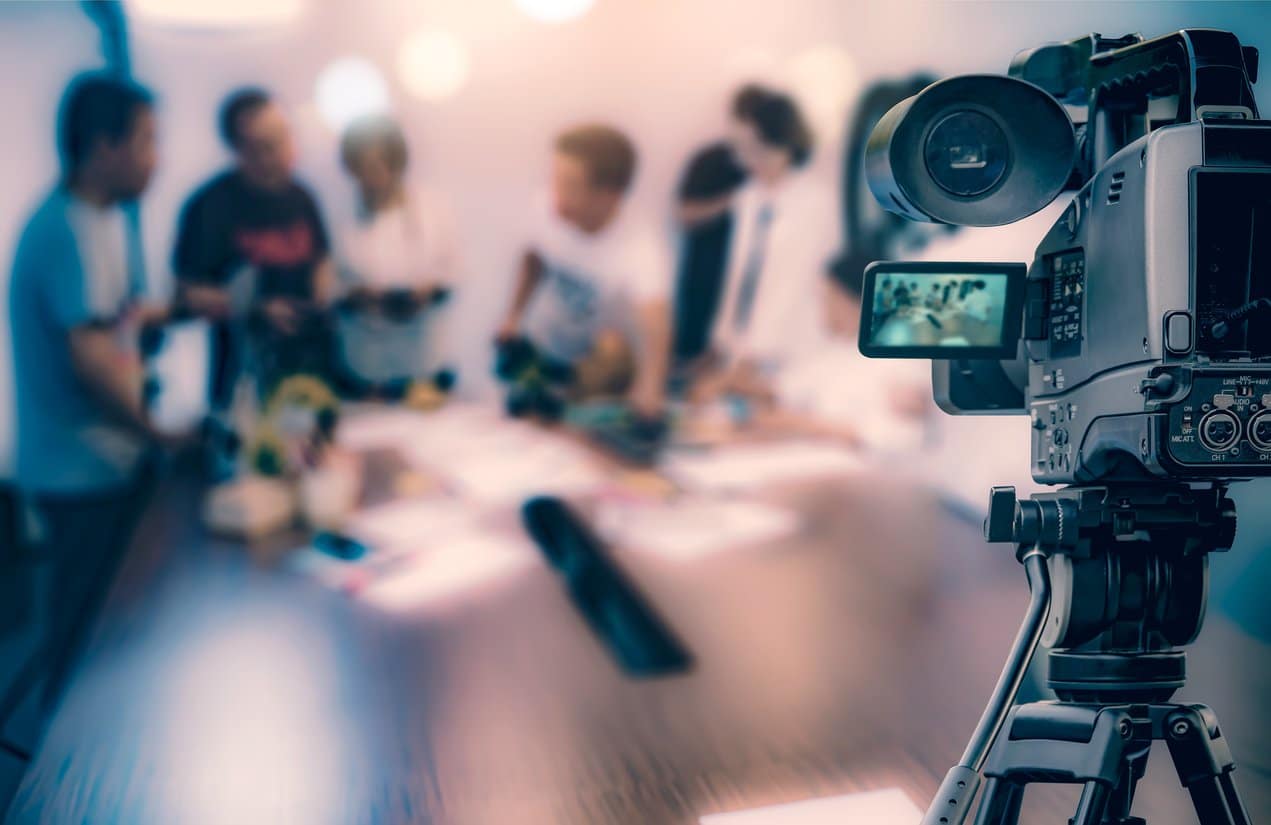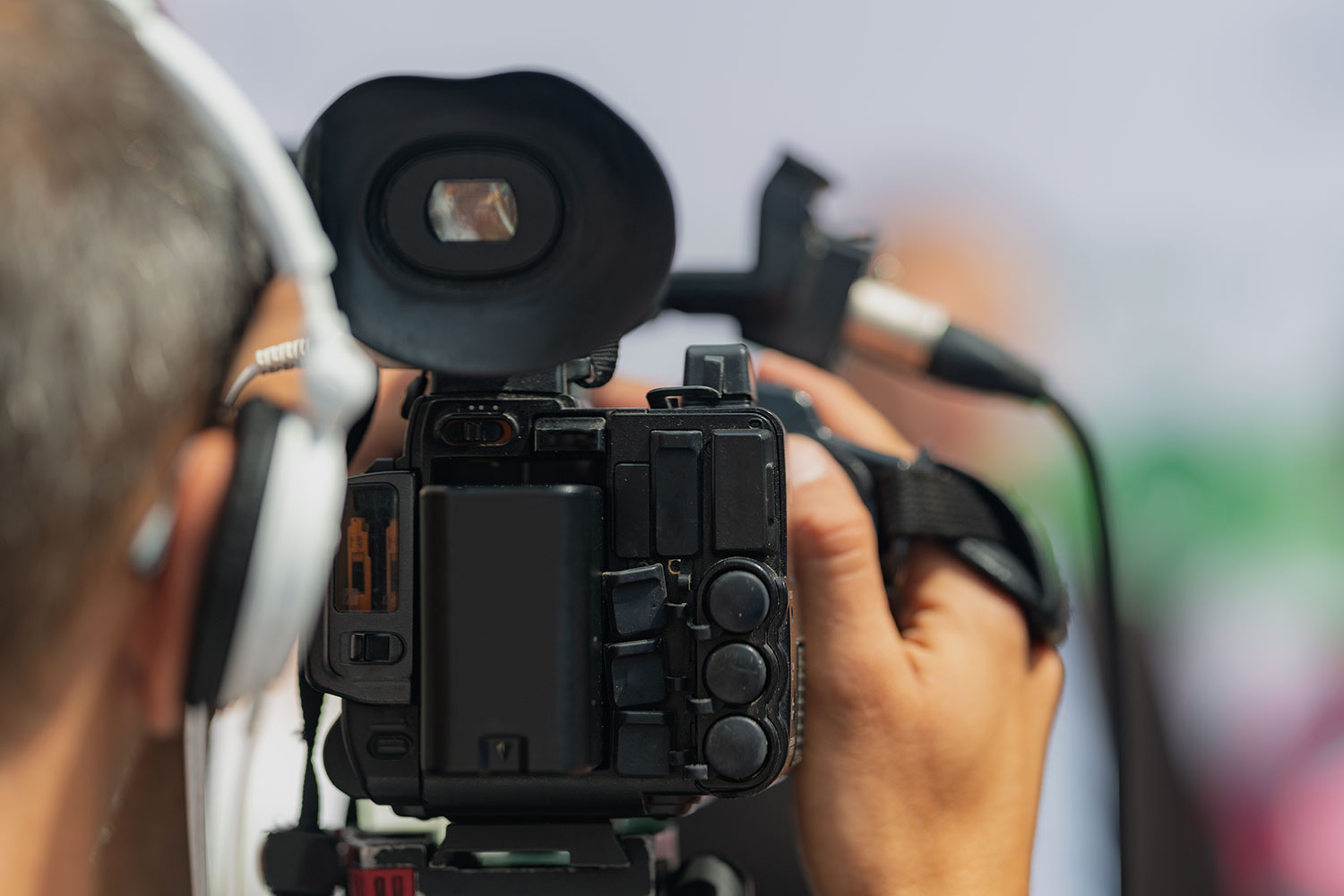Precision-Based Legal Videography for Seamless Evidence Filming.
Precision-Based Legal Videography for Seamless Evidence Filming.
Blog Article
The Function of Legal Videography in Depositions and Tests
Lawful videography has actually arised as an essential tool in both depositions and tests, supplying a multifaceted strategy to recording witness testaments. As lawful specialists increasingly identify its value, it triggers a much deeper evaluation of just how these aesthetic records can affect juror understandings and test outcomes.

Value of Lawful Videography
Legal videography plays a pivotal role in the documents and discussion of depositions and tests. This specific field combines technological skills with legal expertise to create a trusted record of procedures that can substantially affect case end results. The appearance of legal videography improves the understanding of witness testament, permitting jurors and courts to observe not just the talked words but also the attitude, feelings, and body movement of the witnesses.
In enhancement, lawful videography gives an unbiased account of events, reducing the capacity for misconception that can happen with created records alone. This aesthetic paperwork functions as an important tool during test discussions, facilitating a more clear and even more influential narrative for both plaintiffs and defendants. The capability to replay video sectors during court process allows lawful groups to highlight key factors, reinforcing their disagreements effectively.
The relevance of legal videography extends past the courtroom; it likewise plays an essential duty in protecting evidence for future recommendation, whether for appeals or more lawsuit. Because of this, its combination right into the legal procedure is important for making certain a fair and exact representation of the truths, eventually adding to the pursuit of justice.

Refine of Legal Videography
While recording the subtleties of depositions and trials, the procedure of legal videography involves a number of critical steps that make sure high-grade, accurate recordings. At first, a specialist lawful videographer prepares by assessing the situation materials and comprehending the certain needs of the deposition or test. This prep work consists of acquainting themselves with the individuals and the context, which helps in catching relevant details.
On the day of the recording, the videographer establishes the required equipment, which usually includes high-definition electronic cameras, microphones, and proper lighting. Guaranteeing optimal angles and audio quality is critical, as it straight affects the efficiency of the recording. The videographer interacts with attorneys and individuals to develop procedures, guaranteeing that every person understands the recording procedure.
During the deposition or trial, the videographer meticulously videotapes the process, paying attention to both verbal and non-verbal hints. This consists of catching the behavior and reactions of witnesses and lawyers. After the session wraps up, the videographer may modify the video footage for quality and conformity with lawful requirements, producing an end product that properly shows the procedures for future reference and use in legal contexts.
Benefits in Depositions
The consolidation of videography in depositions offers various benefits that enhance the total process of gathering proof. One primary benefit is the capacity to capture witness testaments with aesthetic and auditory fidelity, providing an extra precise representation of the witness's temperament, tone, and body movement. This multidimensional method enables attorneys and juries to assess credibility better than standard written records alone.
In addition, videographed depositions function as a powerful device for protecting testament. Should a witness ended up being inaccessible for trial, their taped deposition can be played in court, making sure that their proof remains easily accessible and relevant. This aspect dramatically reduces the danger of shedding important information that might affect instance outcomes.

Finally, videography improves the general professionalism and trust of the deposition procedure, instilling confidence in clients regarding the thoroughness of their legal depiction (legal videography). By leveraging technology, legal specialists can significantly enhance the effectiveness of depositions
Influence On Tests
In numerous trials, the integration of videography can considerably influence the presentation of evidence and the court's assumption. Legal videography captures witness testimonies and vital evidence in a vibrant style, enabling jurors to check this involve with the product on multiple degrees. This aesthetic component boosts the storytelling aspect of a test, offering context and emotional vibration that conventional text-based anchor evidence might lack.
Additionally, video recordings can work as effective tools for impeachment throughout cross-examination. When disparities develop between a witness's previous statements and their court room statement, video clip evidence gives an objective reference that can persuade jurors' opinions. This immediacy and quality can reinforce the trustworthiness of an event's narrative while simultaneously threatening opposing arguments.

Future Trends in Legal Videography
As we look towards the future of lawful videography, several arising patterns promise to reshape its function within the court. One significant trend is the integration of expert system (AI) in video analysis and editing. AI can streamline the process of identifying vital minutes in taped depositions, enabling attorneys to rapidly access relevant web content, therefore boosting effectiveness in situation preparation.
In addition, the surge of online truth (VR) and augmented fact (AR) technologies is expected to change exactly how jurors experience evidence. legal videography. By immersing jurors in a substitute atmosphere, these innovations can offer a more profound understanding of intricate circumstances, bring about more informed considerations
Additionally, the boosting demand for remote depositions, accelerated by the COVID-19 pandemic, will likely continue. Lawful videographers will require to adapt to new software and systems to make sure high-grade recordings in digital settings.
Lastly, the expanding focus on data safety and security will necessitate more stringent procedures for storing and sharing video clip evidence. As the lawful landscape progresses, legal videographers have to remain abreast of these patterns to maintain their significance and effectiveness in the judicial process.
Conclusion
In recap, legal videography serves an essential my blog feature in the judicial process, boosting the integrity of depositions and tests. By catching the subtleties of witness testimonies, this tool not only protects essential proof yet likewise help in offering information successfully to jurors. The significance of aesthetic documents in assessing reliability and promoting cross-examination can not be overemphasized. As technology remains to progress, lawful videography is poised to further change its function within the lawful landscape.
Report this page